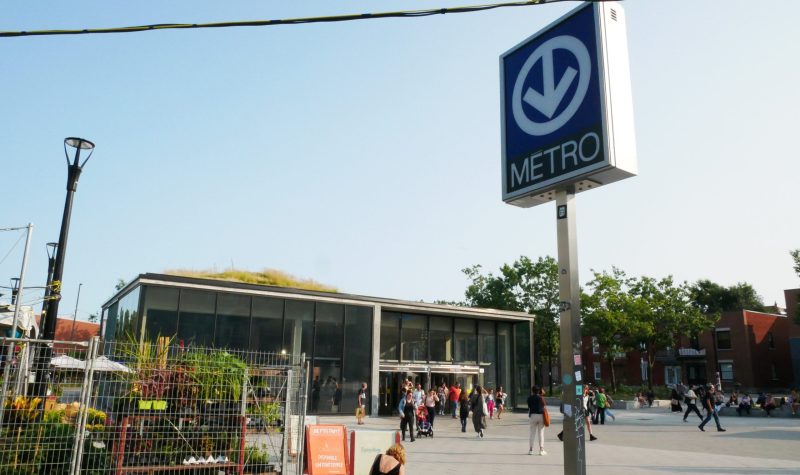Quebec Transport Minister Geneviève Guilbault is giving Quebec public transit authorities $265 million to help cover their 2024 deficit.
News of the deficit, which is projected to be $2.5 billion over the next five years, made waves when an internal document suggested Montreal's public transit service could be scaled back significantly, with the metro closing at 11 p.m. and only opening at 9 a.m. on weekends if the funding wasn't found.
Initially, the province committed to covering only 20 per cent of that deficit. While that figure has increased to around 70 per cent, it's for just one year and comes with a mandated audit for public transit authorities receiving funds, as well as the Autorité régionale de transport métropolitain (ARTM).
The province says that with COVID-19 bonuses, they've taken on a greater share of transit funding in recent years, and expect municipalities and transit planners to find new solutions.
"Never has a government invested so much in public transportation," Guilbault announced.
It's true that transit agencies should reevaluate their network, but there's more the province can do to help, says Lancelot Rodrigue, a doctoral student in urban planning and member of Transportation Research at McGill (TRAM) who studies public transit financing.
He says it's municipalities who are taking on more of the burden of funding public transit. It's an issue especially in Quebec, where any local revenue-raising tactics weigh heavily on a population already paying higher than average provincial taxes.
Nonetheless, he thinks threats of reduced operating hours are likely "negotiation tactics," and that Montrealers will probably see frequency decrease for lesser-used lines first.
"At the end of the day, any cut or fare increase ... is going to lead to an important reduction in ridership," he says, which would then lower revenues and start a cycle of more cuts.
That kind of approach "is not going to help in solving the problem in any way."
Listen to the full interview here:


